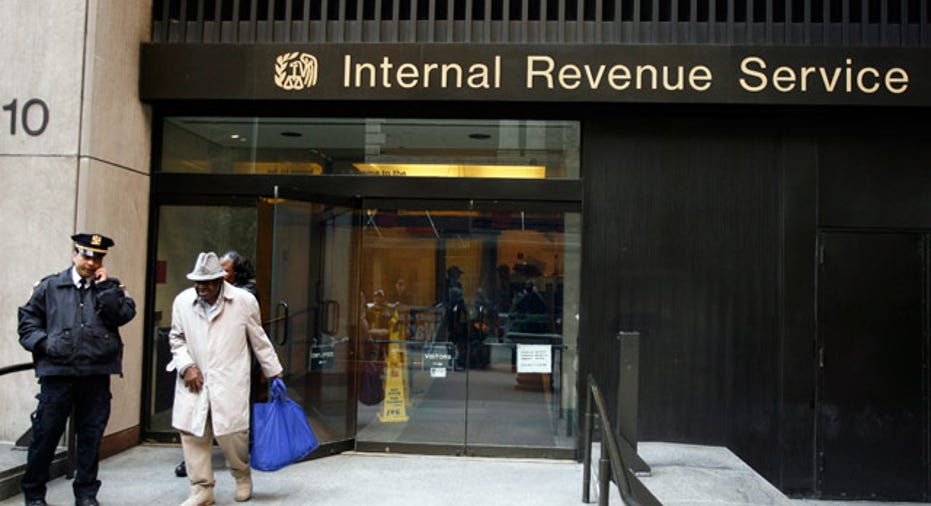What to Expect and How to be Prepared for an Audit

At the beginning of an IRS audit, the auditor will interview you briefly about your finances. He may ask what assets you own, if you received any cash gifts during the year in question (dont be alarmed, cash gifts are generally not taxable income to the recipient) or if you have any foreign bank accounts. Answer truthfully and succinctly; there's no need to elaborate.
If the auditor asks that you provide bank statements for all of your accounts, then he intends to perform an income analysis by adding up all of your bank deposits for the year. The sum will be what he considers your true income. Naturally, the total will be reduced by any deposited amounts that were transfers from one account to another. He will then compare the total to the amount showing on your income tax return. If the bank deposits total more than the income on your tax return, he will ask that you explain the difference.
Be sure to double check the auditors figures, oftentimes there are math errors or overlooked transfers.
If you are subject to an income analysis, I suggest you perform this exercise prior to the actual audit by totaling your bank deposits and deducting transfers and other deposits that represent income that is not taxable. Bear in mind that you cannot accurately compare the resulting figure to your adjusted gross income (AGI) on Form 1040, as AGI represents taxable income only. Not every dime you received during the year is taxable (although it may feel like it), so take it piece by piece and consider the following when evaluating income from Form 1040:
1. Wages on Form 1040 include all taxes withheld so it will be higher than the take home pay deposited to your bank account.
2. Schedule C income: usually a self-employed individual will have a separate bank account for the business. The auditor will compare the total bank deposits from the business account to the total sales reported on Schedule C.
3. Schedule D income: capital gains and losses are based on a formula in which you subtract your basis from proceeds to determine taxable profit (or loss). Use the sales proceeds figure from Schedule D.
4. Schedule E rental income: factor in the amount from the gross rents and royalty line on Schedule E, rather than the amount listed on page one of Form 1040.
5. Income reported on a Schedule K-1 included on Schedule E may differ from the amount of the distribution you deposited to the bank. The amount of distributions you received is usually listed on the Schedule K-1.
6. IRA distributions, pensions, annuities and Social Security: use the full amount received rather than the amount on Form 1040 because not all of it may be taxable.
7. Dont forget to take credit for dividends that may have been reinvested rather than deposited into your checking or savings account.
For example, say your bank deposits a total of $100,000. The AGI on your tax return may be only $55,000, broken down as follows: a capital gain of $2,000, rental loss of $15,000 as well as wages of $68,000. But if you dig into the tax return, there may be adjustments: net pay was only $60,000, rental income on Schedule E before deductible expenses was $18,000 and gross proceeds from the stock sale before subtracting basis was $22,000 for a total of $100,000. The IRS will be satisfied that your tax return matches your financial activity for the year.
If you cannot match income in this manner and cannot explain any bank deposit overages that dont coincide with income listed on your tax return, the IRS may classify the overage as taxable income and calculate additional tax on it. The auditor may believe you are hiding income. Remember: Guilty until proven innocent is the mantra within the offices of the Internal Revenue Service.
Take this as a lesson in audit-proofing your income tax return. You may want to mark your deposit receipts or your bank statements each month with the source of income for all bank deposits. That way, if you are audited, you have answers at hand. After all, a $5,000 gift from grandma or a $350 refund on a dress you returned is not taxable income and will account as such if the IRS ever asks.
Next week: methods to support your deductions and tips on audit-speak.
Bonnie Lee is an Enrolled Agent admitted to practice and representing taxpayers in all fifty states at all levels within the Internal Revenue Service. She is the owner of Taxpertise in Sonoma, CA and the author of Entrepreneur Press book, Taxpertise, The Complete Book of Dirty Little Secrets and Hidden Deductions for Small Business that the IRS Doesn't Want You to Know, available at all major booksellers. Follow Bonnie Lee on Twitter at BLTaxpertise and at Facebook.



















